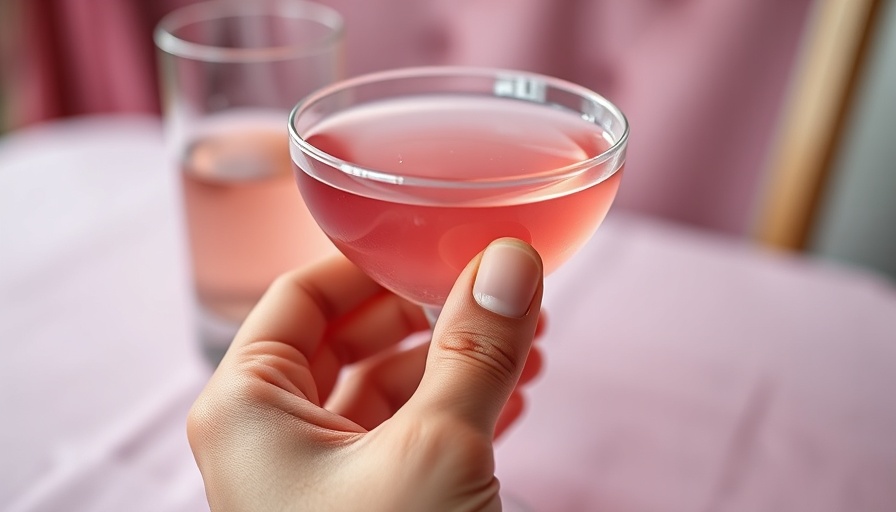
Understanding the Surprising Impact of Alcohol on Sleep
As a typically social activity, enjoying a drink or two can seamlessly transition into a nightly ritual for many. However, what happens when those drinks collate into disrupted sleep? Recent insights into the effects of alcohol consumption on sleep quality signify a growing concern among health-conscious professionals, caregivers, and retirees aged 30 to 80.
Alcohol: A Double-Edged Sword for Sleep Quality
While alcohol may initially allow for easier sleep onset, research indicates that its long-term effects often compromise sleep quality. According to MindBodyGreen, alcohol disturbs the natural sleep architecture, specifically suppressing REM (Rapid Eye Movement) sleep when the brain engages in crucial restorative processes such as memory consolidation and emotional processing. Consuming alcohol before bed can induce fragmented sleep cycles, causing increased waking during the night and leaving you feeling exhausted the next day.
The Science Behind Sleep Disruption
Dr. Abhinav Singh, a sleep medicine physician, states that alcohol’s metabolization process significantly impacts sleep stages. As it is broken down, individuals often experience a fluctuation from deeper sleep phases to more shallow stages, leading to restless nights and fatigue. Studies show that consuming just two drinks can decrease sleep quality by as much as 24%, with impact severity climbing to 39.2% for larger servings. With nearly 90% of respondents reporting one or more sleep-related issues linked to alcohol consumption, this is a public health consideration that cannot be overlooked.
Tips for Better Sleep Hygiene
To maintain healthy sleep habits, experts suggest refraining from alcohol consumption for at least three hours before bedtime, with some individuals needing to extend this time based on their specific sensitivities or health conditions. This preventive measure can improve not only sleep quality but also overall health outcomes.
The Emotional Toll of Sleep Disruption
Breaking the cycle of alcohol-induced sleep deprivation can be emotionally taxing. Many may find themselves relying on alcohol as a quick fix for stress or anxiety, only to later face the repercussions of insomnia or disturbed sleep. Recognizing this connection can empower individuals to seek alternatives, such as meditation or healthier evening routines, ultimately fostering a calm environment conducive to restful sleep. Investing in this personal health journey is essential for both mental and physical well-being.
The balance between enjoying social occasions and maintaining quality sleep is fragile. Awareness and education on how much alcohol impacts our nightly routines can benefit everyone, especially those committed to living healthily. Making informed choices about alcohol consumption might very well be the key to enhancing sleep and, by extension, overall well-being.
 Add Row
Add Row  Add
Add 




Write A Comment